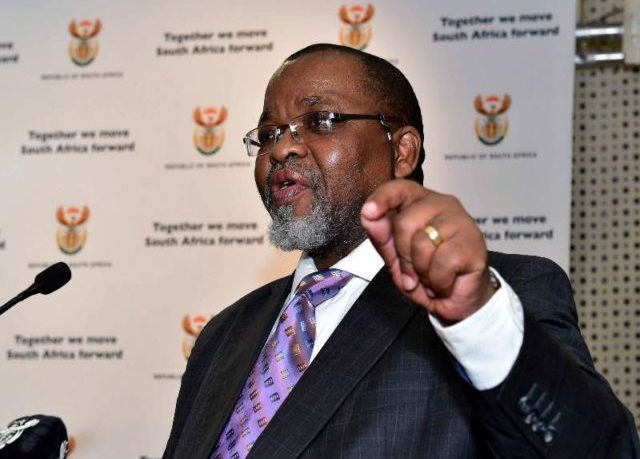- In his budget speech last week, South Africa’s minister of mineral resources and energy, Gwede Manatashe, outlined the dire economic landscape that has swayed the ministry’s narrative.
- According to Mantashe, contributing factors to the economy contracting by 3.2% in the first quarter of 2019 include load shedding, electricity pricing and a five months long strike in the gold sector.
- The minister stressed that his department would not act as a lobby group for any particular energy source and wanted a mixed energy supply.
“The department is not a lobby group for any particular technology. It is a regulator [and]a department,” Mantashe . The energy sector contributed negatively to the overall economic growth in the first quarter of 2019, the sector declined by 6.9%,” the minister said.
A budget of R7.44 billion has been allocated to Energy; of which R6.76 billion will be transferred to entities within the portfolio.
The minister stressed that South Africa could not afford to put all its efforts into one energy source, like nuclear or renewable energy. “As a country, we must avoid the currently polarised debate on energy, pitted as coal versus renewables,” he said in his speech.
Find the full speech here
Legislative narrative
Alluding to change within the Independent Power Producers (IPP) Office, Mantashe stated that the Office is working closely with the Development Bank of Southern Africa to become a legal entity. According to the minister, the transition of the IPP Office into a legal entity would bring about accountability at the Office and security of energy supply.
The Gas Amendment Bill, which intends to leverage South Africa’s available gas resources, will assist in implementing gas-to-power projects. The minister made specific reference to the recent discoveries in the Brulpadda field. Read more
The department also intends to finalise the National Energy Regulator Amendment Bill, which aim to promote efficient regulation of the energy sector.
Of note is the structure of NERSA into two tiers with the introduction of a review board to deal with appeals.
In terms of the long-awaited IRP, the minister only referred to the fact that the National Economic Development and Labour Council (Nedlac) are in the process of finalising the Plan, which will be tabled for approval before Cabinet in September.
Author: Nicolette Pombo-van Zyl
This article was originally published on ESI Africa and is republished with permission with minor editorial changes.















